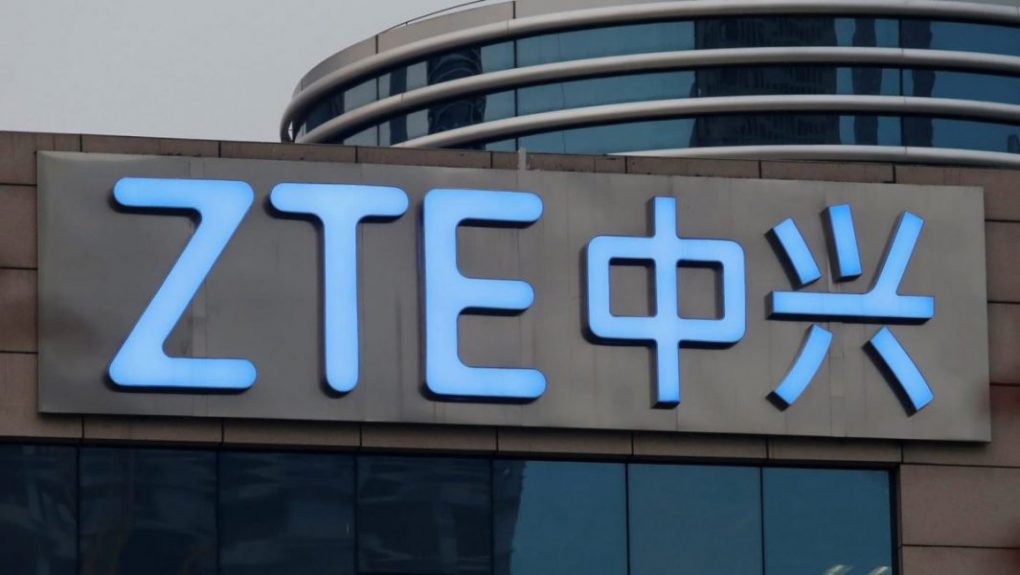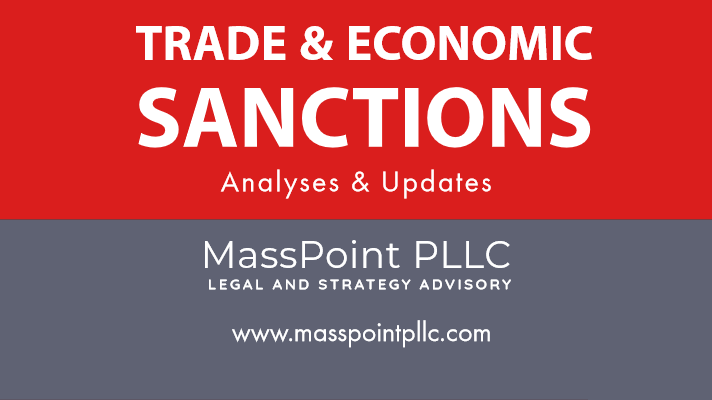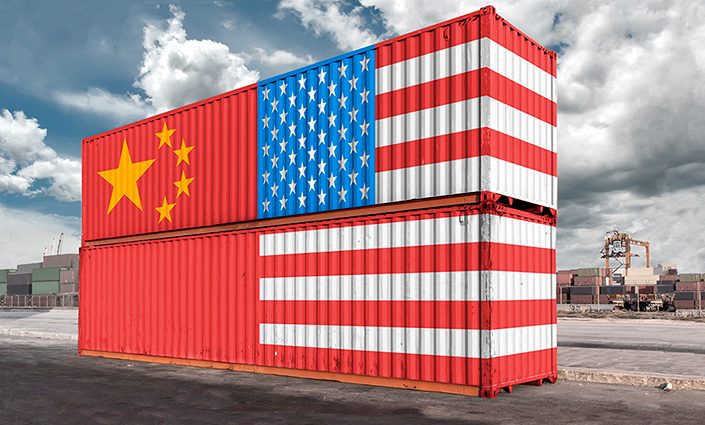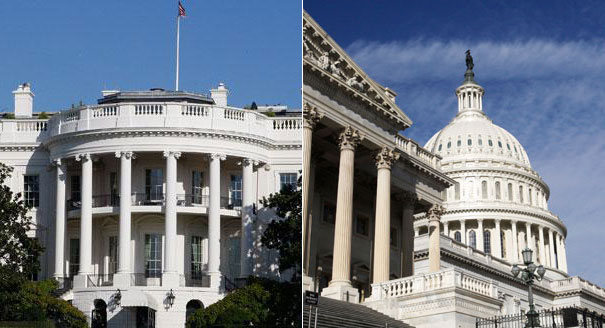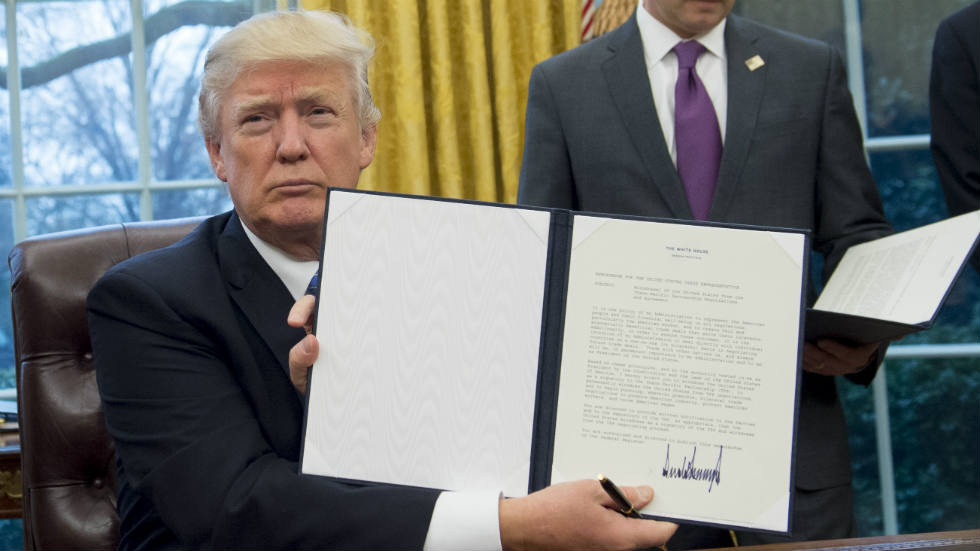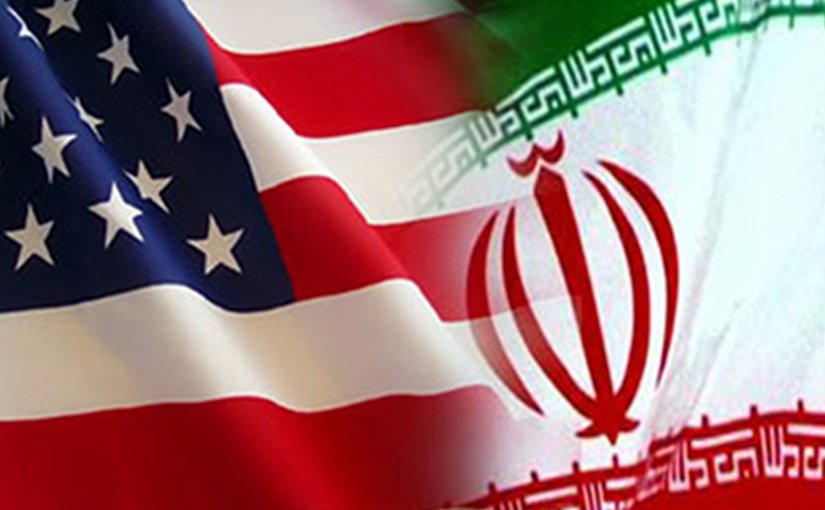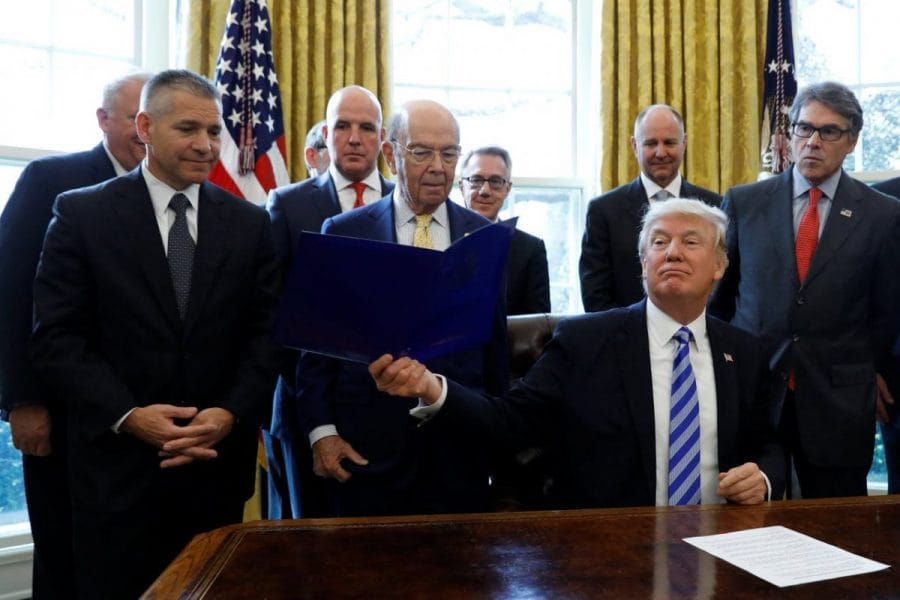Global Magnitsky Sanctions “a Central Tool of U.S. Foreign Policy”
United States Lobbies G-7 Nations to Adopt Global Magnitsky Sanctions, Now a "Central Tool of U.S. Foreign Policy" As discussed extensively on this website and at MassPoint PLLC, the United States' Global Magnitsky Sanctions are a powerful tool in the U.S.…
U.S.-China Trade and Tech War on Three Fronts
House Bill “Blocks Bailout” of ZTE After Export Ban
Trump Administration Supercharged Global Magnitsky Corruption and Human Rights Sanctions
Iran Sanctions Update: U.S. Withdrawal From JCPOA
Trump Administration Targets Chinese Dominance, Corruption in Africa
President Trump Promulgates Global Magnitsky Sanctions: EO 13818 Analysis
U.S. Lawmakers Raise Possibility of Magnitsky Sanctions on Chinese Officials
According to reports, members of Congress and other U.S. officials have raised the possibility of imposing U.S. financial and/or immigration sanctions on Chinese officials for human rights abuses in China's Xinjiang region. Quoted in the Washington Post, "Acting Deputy Assistant Secretary…
Congress Members Urge Trump Administration to Apply Global Magnitsky Sanctions to Sudan
In a March 28, 2018 letter to the Deputy Secretary of State, a bipartisan group of 57 members of Congress expressed "grave concern," following the partial lifting in late 2017 of U.S. sanctions against the Sudan, "about any U.S. policy that…

